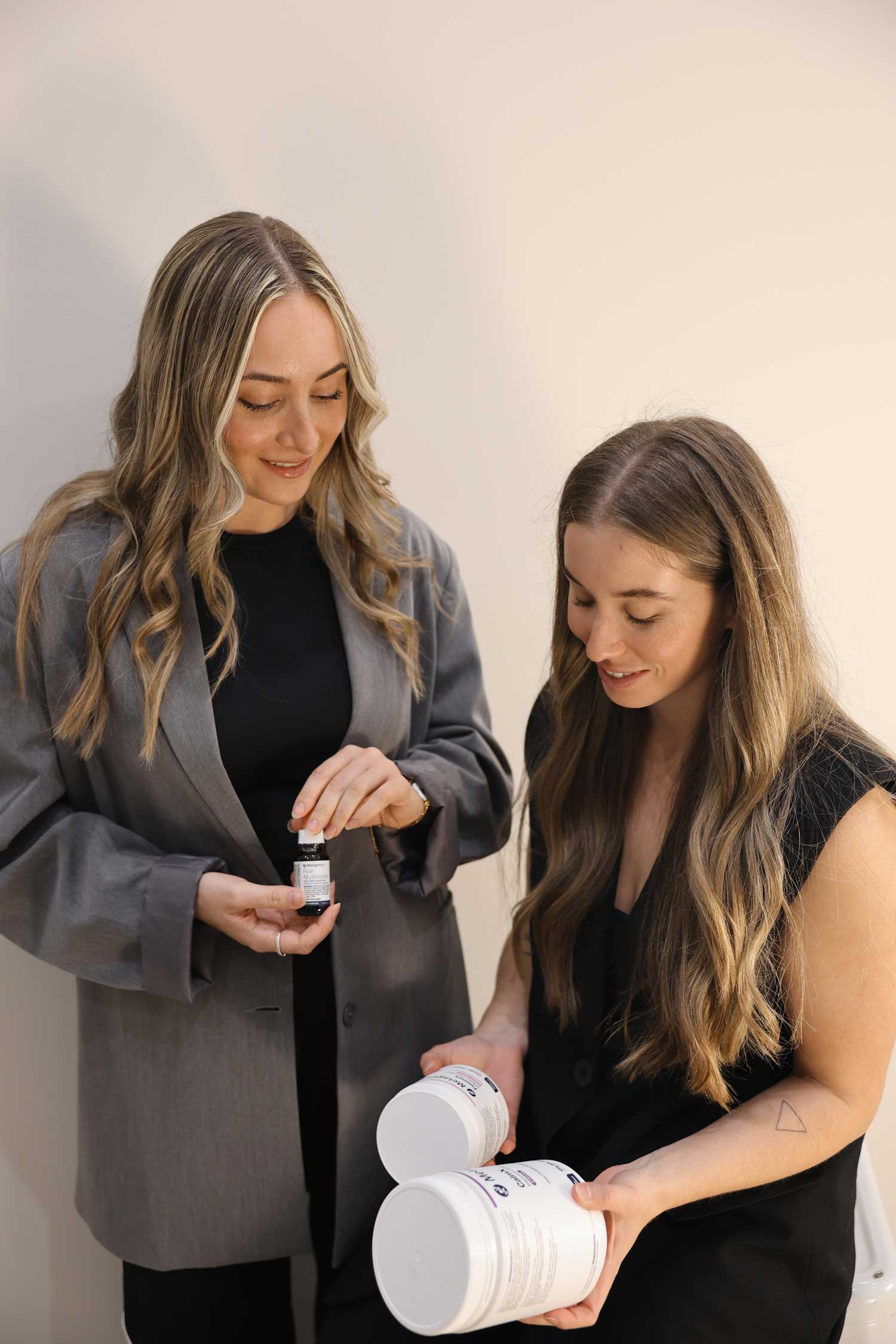Iron is best known for supporting energy and immunity, but many women don’t realise how crucial it is for hormonal health and ovulation. If your periods are irregular, your energy is low, or you’re struggling to conceive, iron might be part of the picture.
Iron supports the function of the hypothalamic-pituitary-ovarian (HPO) axis which is the hormonal system that drives your cycle. Low iron can disrupt follicle development and prevent regular ovulation. One large study of over 18,000 women found that those who took iron supplements had a 40% lower risk of ovulatory infertility.¹
In clinical practice, I often see women with regular-looking cycles who aren’t ovulating consistently. They may feel flat, tired, or moody and once we test, their ferritin (iron stores) are well below optimal (PS: optimal is around 50-60 µg/L).
Heavy periods, diets lacking good quality red meat, diets, digestive issues and inflammation or simply not getting enough iron-rich foods can all contribute to deficiency. Signs include fatigue, hair loss, shortness of breath, pale skin, dark under eye circles, thyroid concerns and feeling cold all the time. If this sounds familiar, a full iron panel is worth asking for with your GP including ferritin, serum iron, transferrin saturation, and haemoglobin.
From a fertility perspective, I look for ferritin levels above 40–60 µg/L, and ideally we have this optimal prior to conceiving in women with a history of low iron or heavy periods.
To support iron naturally, include:
- Red meat, chicken, eggs, legumes, leafy greens, and pumpkin seeds
- Vitamin C-rich foods (capsicum, berries, citrus) with meals
- Limit tea and coffee around iron-rich foods
- Use iron bisglycinate supplements if needed, they are gentle and well absorbed
Supporting iron is often one of the most powerful and underappreciated ways to restore ovulation, improve energy, and support reproductive health. I’ve seen cycles regulate, moods lift, and fertility outcomes improve just by addressing this one nutrient.
If you’re feeling the signs, don’t wait, testing and treatment can make a real difference.
Reference
Chavarro JE, et al. (2006). Obstet Gynecol, 108(5):1145–1152. DOI:10.1097/01.AOG.0000238334.58917.5
Bella Roberton Naturopath



